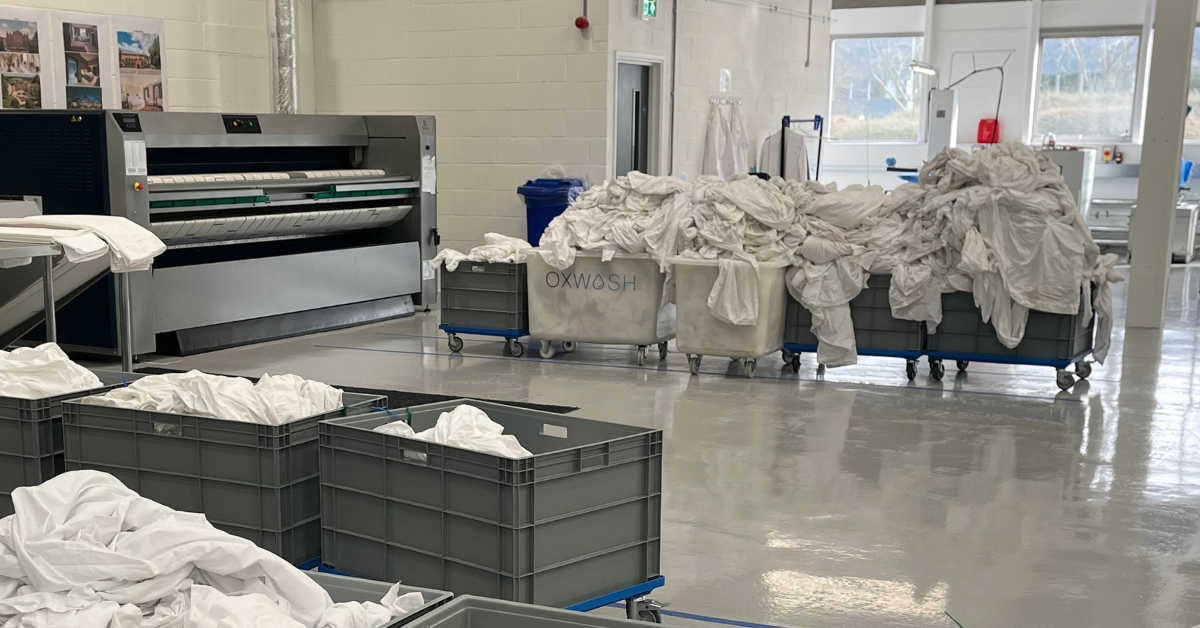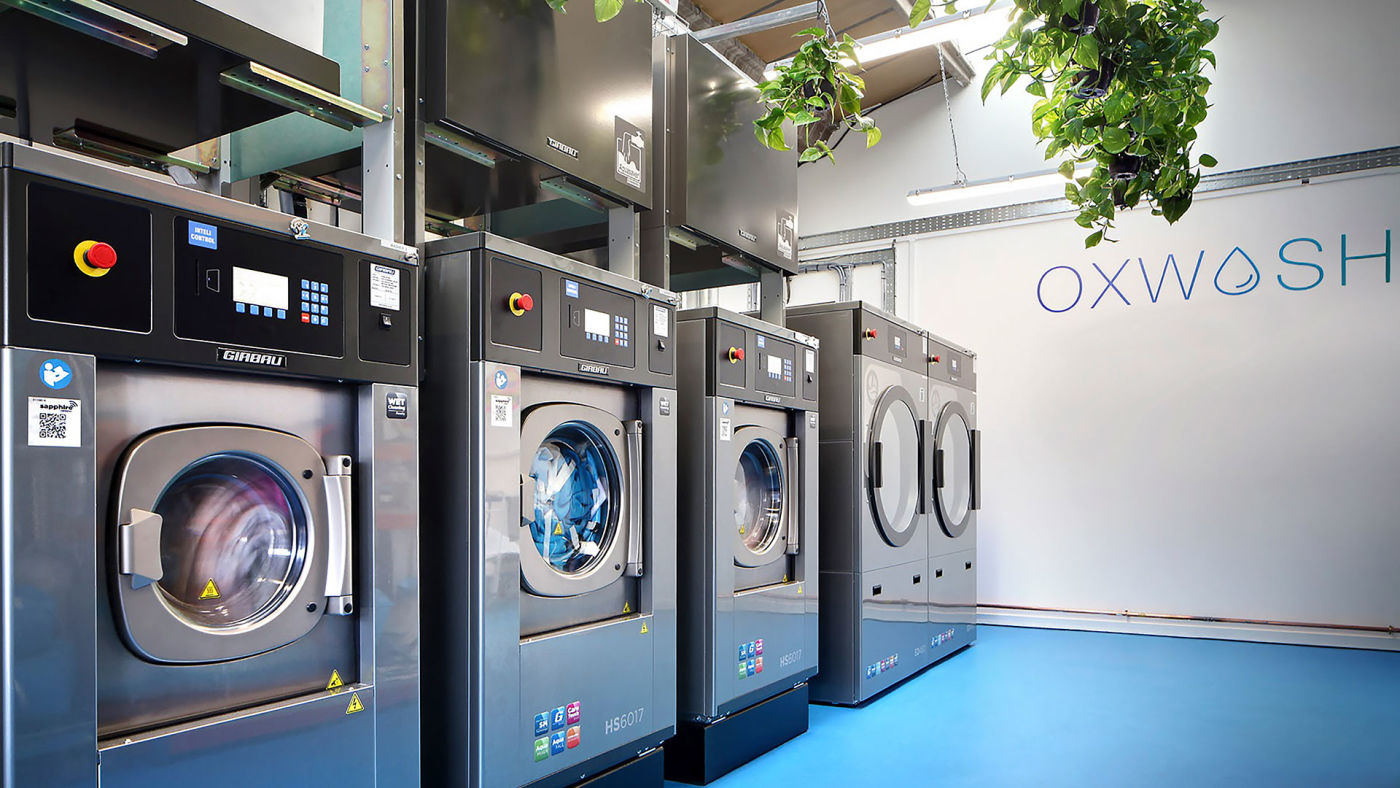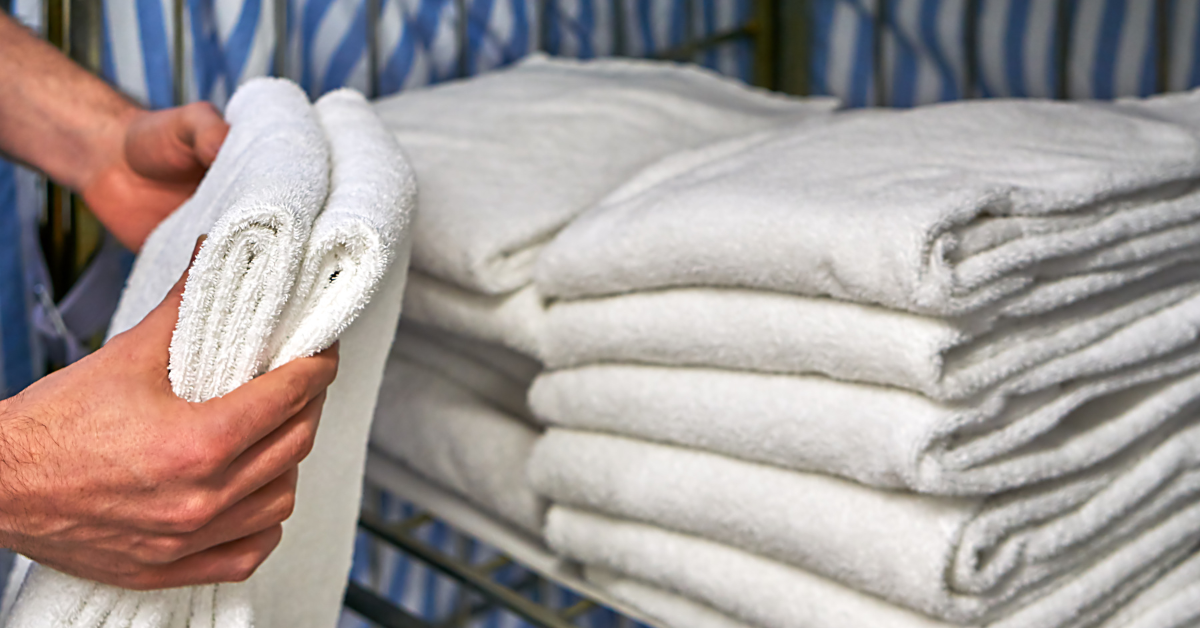Our sustainability report is now live and free to download!
The Best Eco-Friendly Bedding for Sustainable Comfort at Night
The Best Eco-Friendly Bedding for Sustainable Comfort at Night


Sustainability
Did you know that you can make your bed more planet-friendly? Bedding sets, duvets and pillows can be sustainable believe it or not! Here at Oxwash, we’ve rounded up some of our favourite brands so you can get a 'better' night's sleep.
Duvets
Duvet hog creates duvets and pillows from recycled plastic bottles. Their innovative process transforms used water bottles into duvets, helping to keep plastic out of oceans and landfill. Duvet Hog fills their products with a spun vegan-down, making it a cruelty-free product. Using this alternative down also means Duvet Hog products are hypoallergenic for even the most sensitive skin, eyes or nose. An important part of their mission is to ensure that less waste is created through the disposal of duvets with their #SpinMeDontBinMe campaign.
Sustainable bedding company, Panda has also created a down-like material to create their cloud duvet. Antibacterial bamboo in the filling and cover makes it cruelty-free and vegan friendly. The filling is a blend of 50% bamboo and 50% Nano-Microfibre™; made from recycled water bottles. This makes it 100% hypoallergenic for allergy and sensitive skin sufferers. These materials mean it’s easy to machine wash, dries much faster than regular duvets and can be easily returned to their original shape.
Another great option is UK-based EarthKind’s Reclaimed Natural Down Duvet. The EarthKind™ duvet is produced in the UK using a reclaimed, natural filling made from pre-loved feathers and down. A benefit of this duvet is it's soft, natural material, which can maintain its temperature efficiently. As it's made from reclaimed filling that means less natural resources are used and additional landfill waste is avoided. This means the carbon footprint of this product is lower in comparison to traditionally produced duvets. The EarthKind™ duvet is also washable at 40°C, a temperature that is much kinder to the environment.
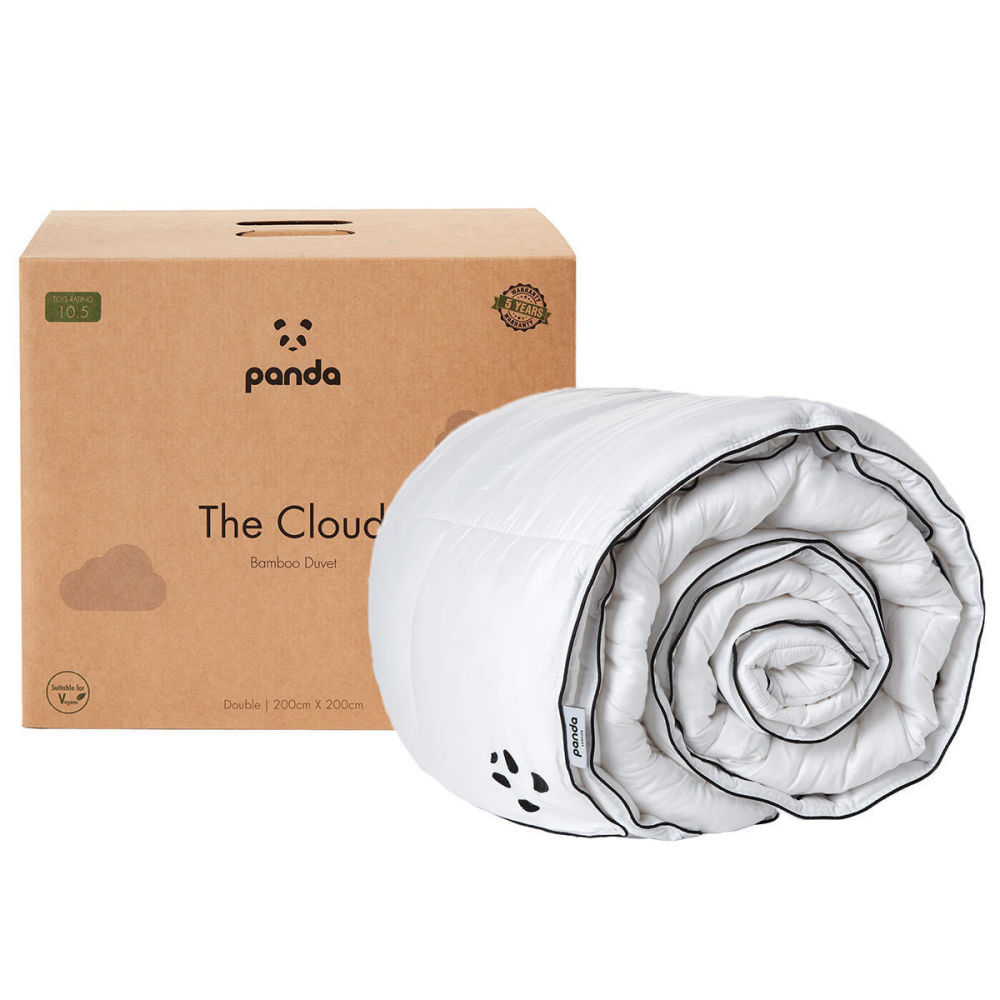

Sustainable Bedding - Linen
If you're looking to replace your cotton bed sets, linen is a highly sustainable option. Linen is a natural material meaning not only is it soft but also hypoallergenic. Plus you don't need to iron it if you so wish as it can create a relaxed and rustic look without any effort.
Linen is made from flax, making it a natural and biodegradable material. Every part of the flax plant can be used to avoid any unnecessary wastage. For example, a by-product of flax is linseed oil - a highly versatile and useful oil used in a variety of industries.
As a fabric, linen is very strong and hardwearing, so you don’t have to worry about putting it on a high spin in the washing machine. If you invest in quality linen bedding they could last you for up to 50 years. This means you can also reduce more wastage and the need to buy countless bedding sets every few years. So purchasing a linen bed set really means you can get your money's worth.
You may not have known that linen’s weave allows for greater airflow than cotton. This is why it's often used in the summer because of its ability to wick away moisture in the hot summer heat so that you stay cooler in bed. So if you’re someone that gets hot whilst sleeping try linen and see the difference it makes! As linen's good for wicking away moisture, it dries quickly after a wash. So you won’t need to hang it to dry for hours or put it on a high tumble drying setting.
The best part about linen is that it actually gets softer the more it’s washed. Your bedding will continue to feel as soft over the years (or softer) compared to when you first bought it. You will often find unbleached linen in a subtle ecru or beige hue as this is how it naturally appears. However, it can be dyed in an array of colours to fit your own style and decor. At Oxwash our favourite linen beddings are from Soak & Sleep, Ecosophy, and Bed Threads.
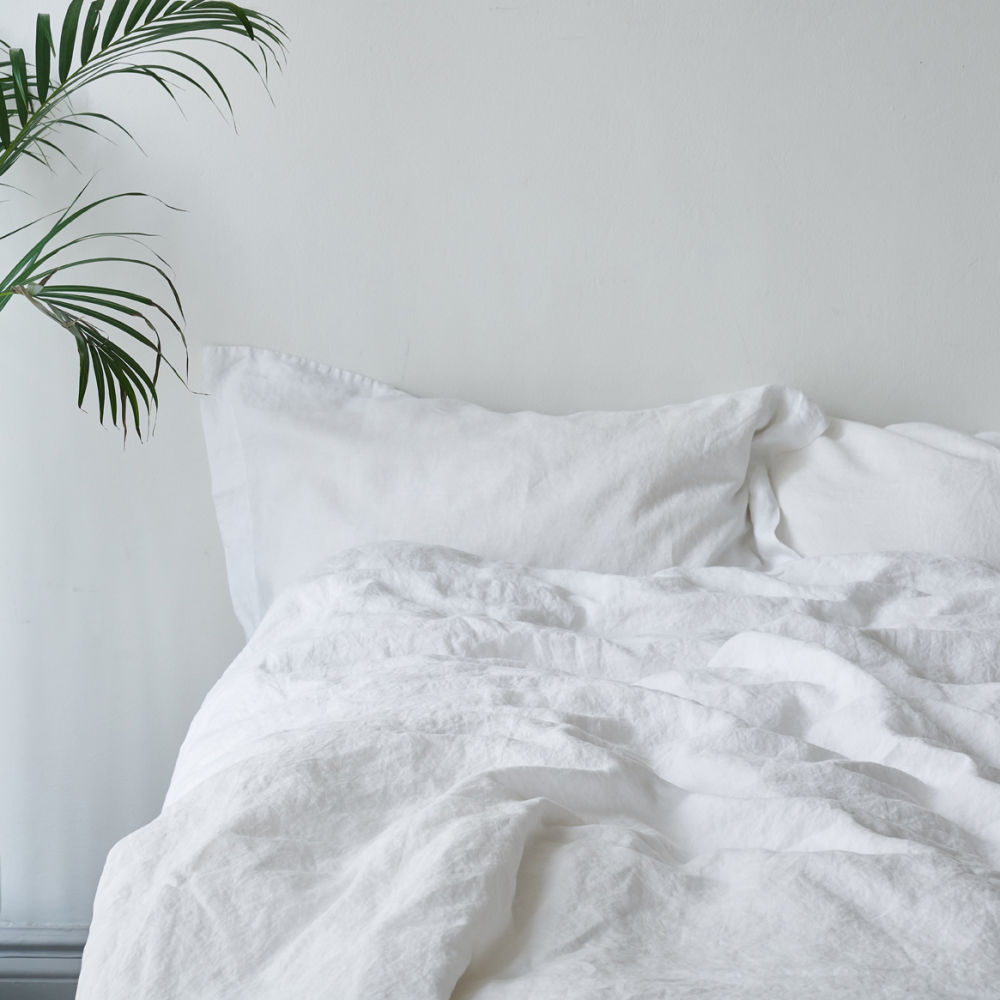

How to wash linen?
If you’ve made the switch to linen bedding or already have a set in the cupboard and don’t know how to wash it, fear not we’re here to help! If you haven’t bought pre-washed linen, the first wash is crucial to help the linen fibres settle into place.
Wash it with similar materials and colours on a cold and gentle cycle. Too much heat can cause shrinkage and too much agitation can weaken the threads within the linen.
Use a mild natural detergent and avoid bleach or fabric softeners. Strong detergents can cause stiffness in linen and fabric softeners can cause build-up.
Instead of pouring detergent directly into the drum of the washing machine, you can use a detergent tab or laundry sheets. A longer rinse at the end of your cycle can be useful so that detergents are properly washed out to make the drying process easier.
Line dry in a nice, light space out of any harsh sunlight and make sure it's completely dry before you store it away or make your bed up.
From then on, follow the same process. You can wash your bedding at 30/40 degrees compared to the suggested 60 degrees and get the same results with less impact on the planet.
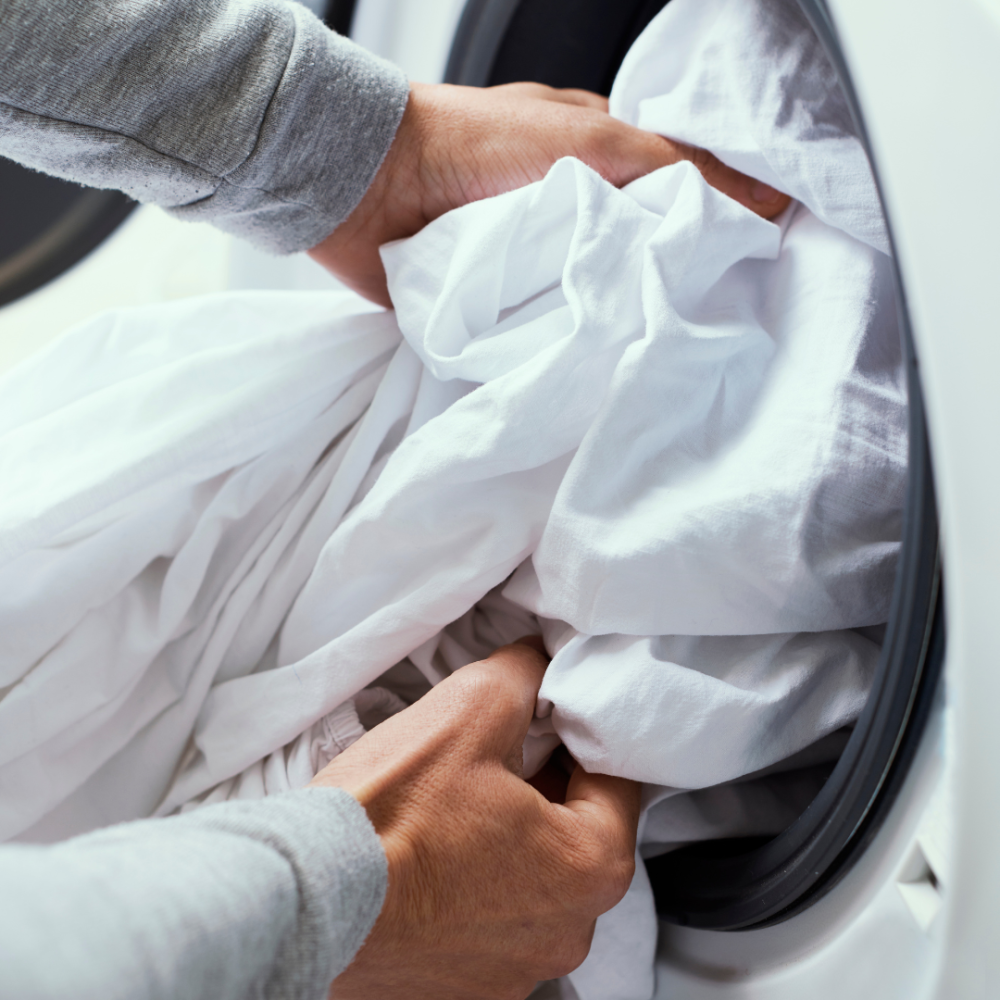

Related Articles
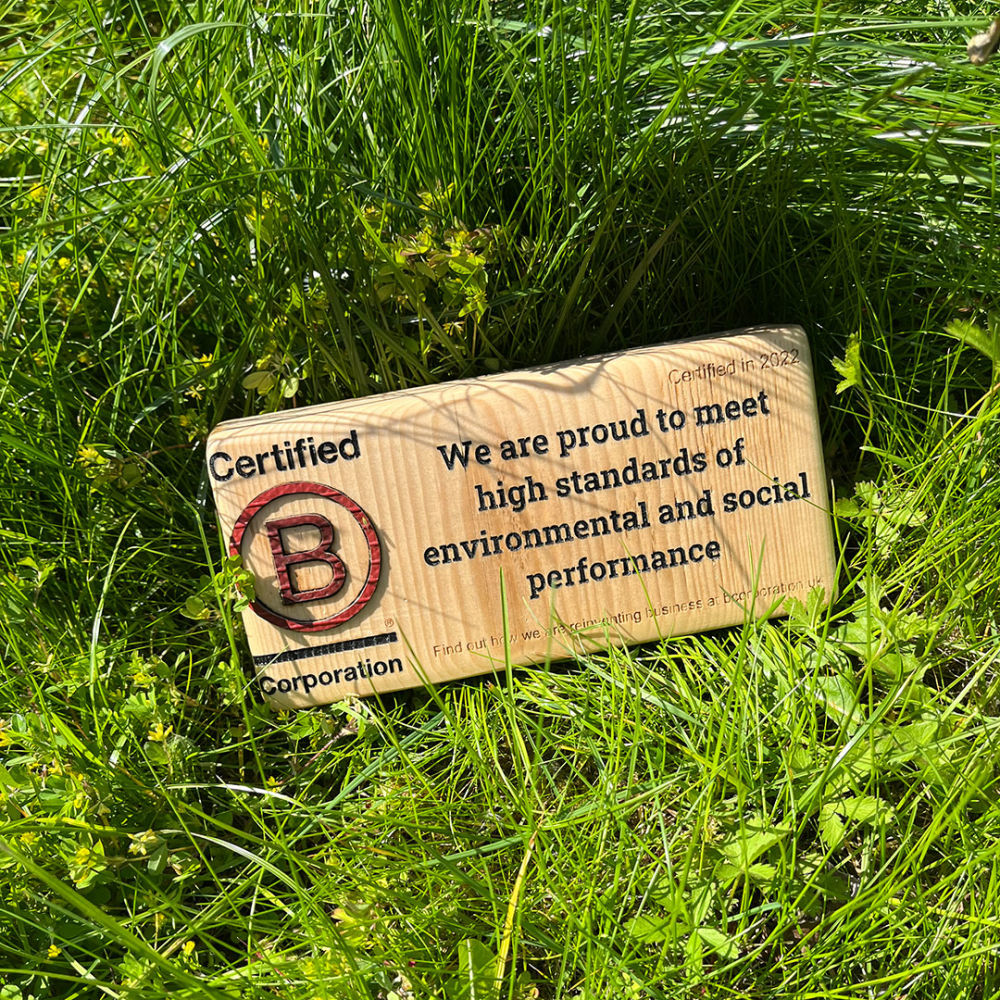

B Corp™ certified.


Surpassing NHS-grade disinfection.



